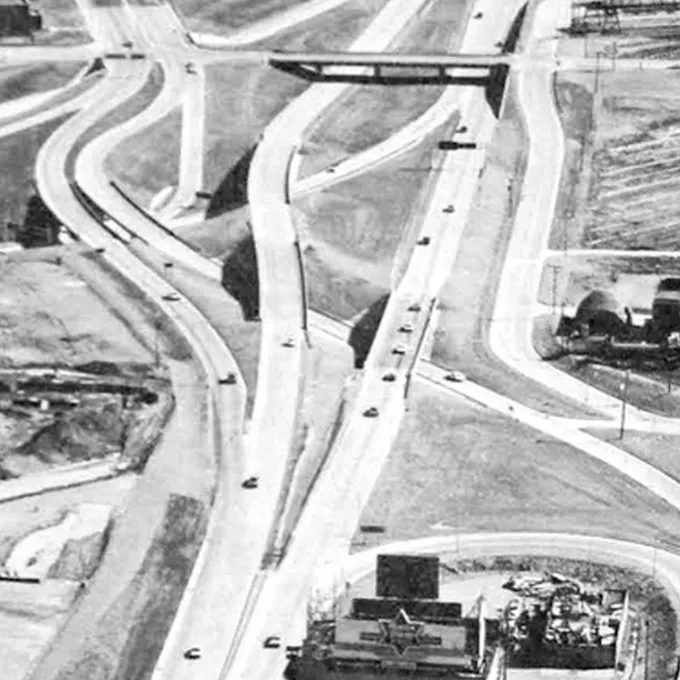Modern Segregation
The questions the Modern Segregation Program Initiative will ask include (but are not limited to): Why and how is segregation maintained in housing, education, and work; in civic and communal associations; in our system of mass incarceration and in other legal, economic, and political institutions; and in social practices, discourses, and cultural production in the post-Civil Rights U.S.? In other words, what are the principal mechanisms of segregation? How do various dimensions of modern segregation interact with and reinforce one another (for example, how does racial segregation interact with and reinforce socioeconomic segregation?) How is segregation naturalized and/or otherwise legitimized after the de-legitimization of explicitly racist discourse? What's wrong with modern segregation, from a normative standpoint? And what are the most promising avenues for challenging and changing it?
In addition, we hope that some participants in the Program Initiative will productively problematize the very notion of "modern" segregation, asking questions such as: What are the institutional, political, and social markers of segregation that is "modern," as distinguished from the regime that preceded the hallmark civil rights legislation of the 1960s: How does "modern" segregation follow from and relate to the long-term, traumatic confrontation with race in the United States dating back to the era of slavery? In what ways does the very notion of segregation (modern or not) mask power relations among agents who cross the color line, for example black women who work as domestic servants in "white" households or white consumers of "black" cultural performances and products?
Finally, we imagine that some participants and some of the projects that constitute the Modern Segregation program initiative might place St. Louis front and center, not to highlight the specifics of modern segregation in our city, but instead to use St. Louis as a frame through which to explore segregation in the contemporary U.S. To cite just one example (although one we believe will be of interest to a number of our faculty members in the humanities, the social sciences, and law), the recent history of efforts to address problems of segregation in St. Louis schools provides a window through which to explore larger questions of racial injustice in American schools after Brown. The Modern Segregation program initiative might also include a project that looks at everyday social practices in St. Louis - for example, entertainment, intimacy, and the construction of neighborhood and kinship - to explore how these practices help perpetuate and naturalize modern segregation.
The Modern Segregation program initiative is a flexible endeavor. We hope and intend for it to evolve in ways shaped by the interests of all participants. Projects that are part of this initiative might include a regular seminar series, for example, if participants are interested in organizing one, or pedagogically-focused projects, including but not limited to the development of new courses. If you are interested in participating--in getting better acquainted and sharing current projects and frames of reference, all with an eye towards forming a reading group/regular forum to share works-in-progress and perhaps looking towards more ambitious pursuits in the future--please email the faculty conveners listed below.
Key Contacts
Iver Bernstein Professor of History, African and African-American Studies, and American Culture Studies icbernst@wustl.edu
Heidi Kolk Assistant Professor, Sam Fox School of Design and Visual Arts, and Asst. Vice Provost of Academic Assessment hkolk@wustl.edu
